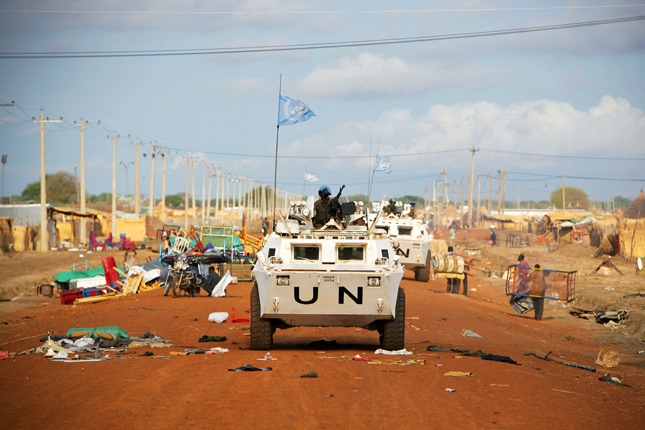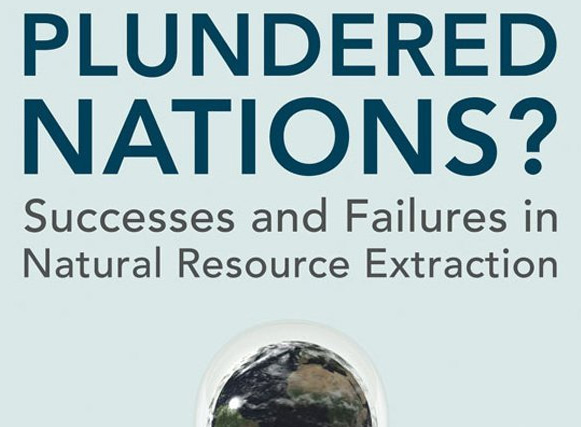-
Low Oil Prices Could Shake up Africa’s Petro States
›
One in five African states produce hydrocarbons, and most of these are heavily dependent on oil and gas revenues to finance their governments and generate foreign exchange. Further, an emerging group of East African states are waiting on international oil companies to develop new oil and gas reserves. But Africa’s record using non-renewable oil and gas resources to trigger economic and social development is poor – and plummeting prices may portend more instability to come.
-
Oil in South Sudan: Turning Crisis Into Opportunity
›
Outside of donor and humanitarian aid, South Sudan’s economy is almost entirely dependent on the oil sector – and that sector is in crisis.
-
Avoiding the Resource Curse in East Africa’s Oil and Natural Gas Boom
›
This year, Texas-based Anadarko and Italian partner ENI are due to make the final investment decision on whether to construct one of the largest liquefied natural gas facilities in the world in Mozambique. The complex would allow them to tap into deep off-shore gas fields that could rival Australia and Qatar as the largest liquefied natural gas reserves in the world.
-
Book Review: ‘Plundered Nations? Successes and Failures in Natural Resource Extraction’
›
The principal argument of Plundered Nations? Successes and Failures in Natural Resource Extraction is highlighted by the question mark in the title. In many resource rich countries, natural assets have not led to development. The book advances the hypothesis that “for the depletion of natural assets to be converted into sustained development, a series of decisions has got to be got sufficiently right” (p. 1). That series of decisions is examined in detail through case studies on Cameroon, Chile, Iran, Kazakhstan, Malaysia, Nigeria, Russia, and Zambia, produced by a diverse group of academic and practicing economists under the auspices of the Center for the Study of African Economies and the Oxford Center for the Economics of Resource Rich Countries (OxCarre).
-
Tracking the End Game: Sudan’s Comprehensive Peace Agreement
›
The next nine months are critical for Sudan. The 2005 Comprehensive Peace Agreement (CPA) sets January 9, 2011, as the date when southern Sudanese will vote on secession or unity, and the people of disputed Abeyei will vote on whether to be part of North or South Sudan. Between now and July 2011, when the provisions of the CPA come to an end, we could see the birth of the new country of South Sudan—or a return to a North-South war if the referendum is stalled, botched, or disputed. (Few currently expect that a unity vote will create the “New Sudan” envisioned by the late John Garang.)
Showing posts by Jill Shankleman.








